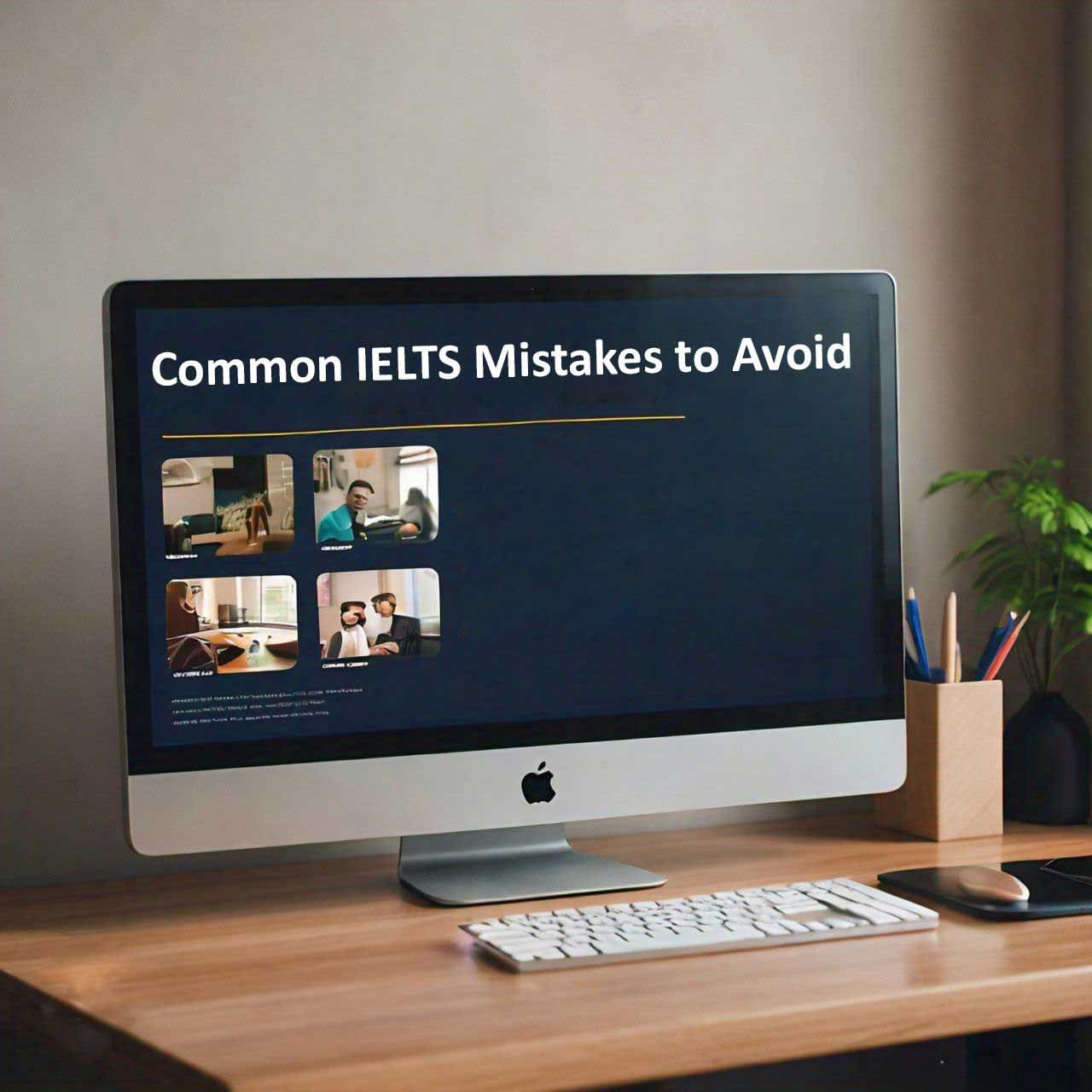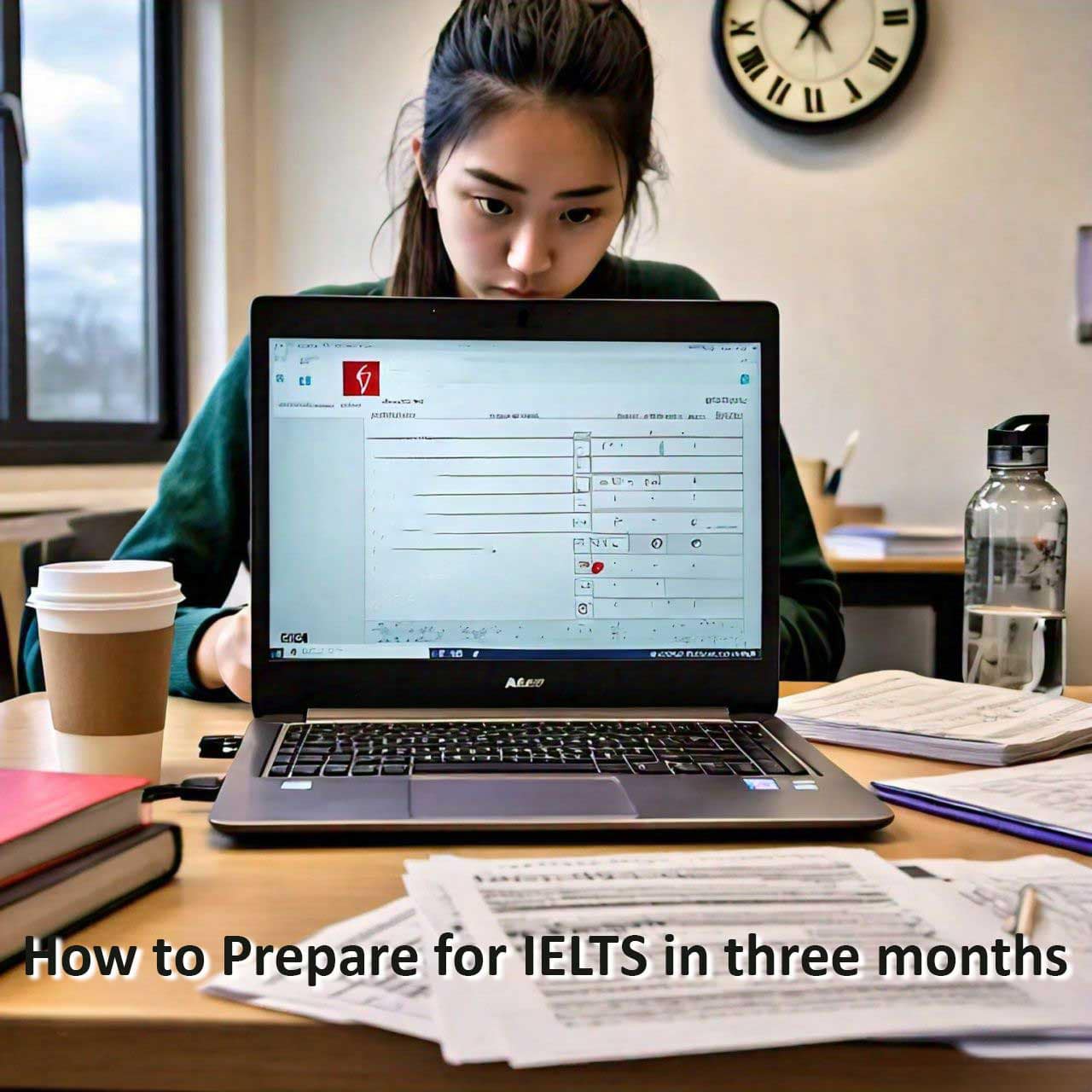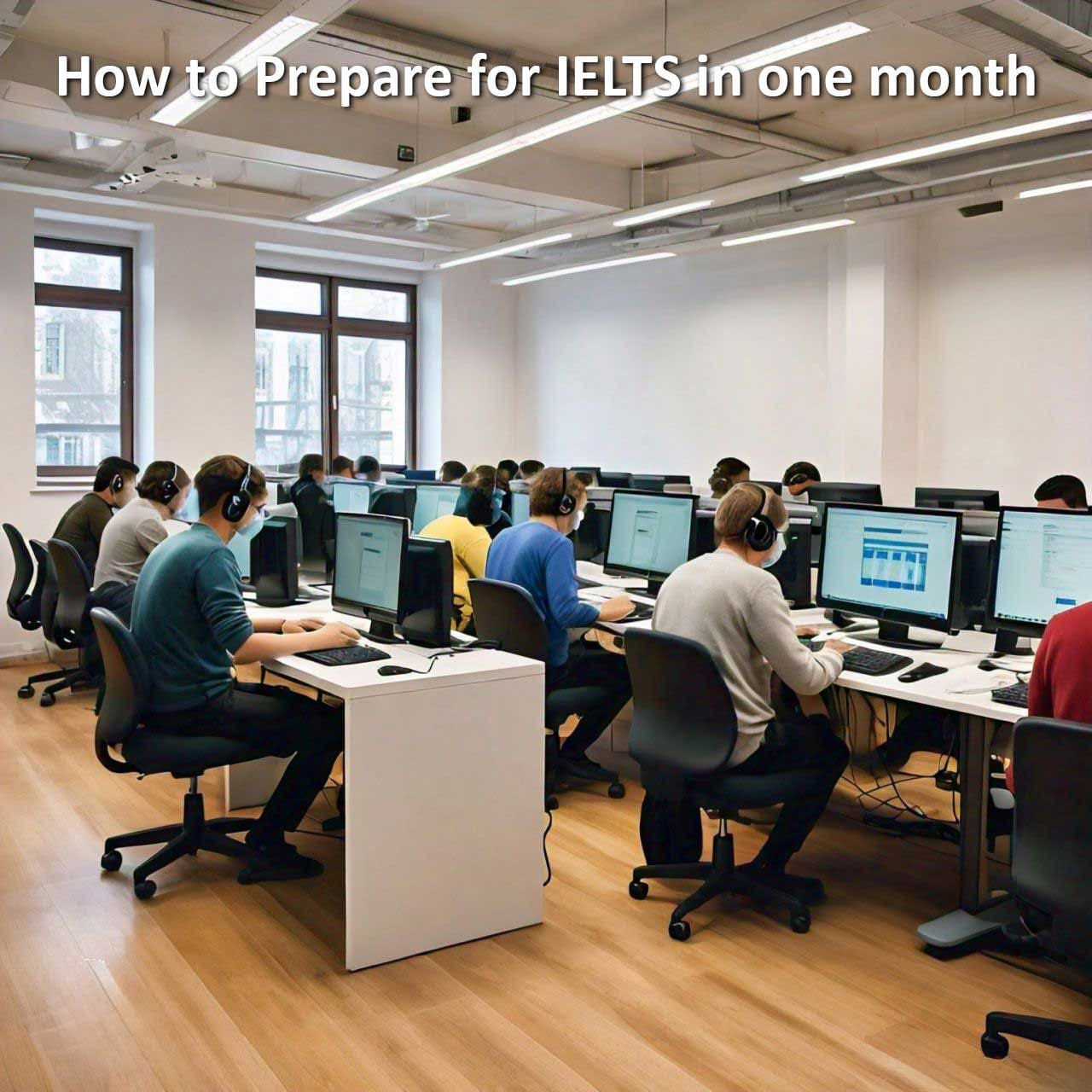Introduction
The IELTS exam is a crucial step for many people pursuing academic or professional opportunities abroad. However, even well-prepared candidates can lose points by making avoidable mistakes. These IELTS mistakes can often mean the difference between achieving your desired score and falling short.
In this guide, we’ll break down the 10 most common IELTS mistakes to avoid, providing tips and actionable advice to help you excel in all four sections of the exam: Listening, Reading, Writing, and Speaking.
Table of Contents
1. Misunderstanding the Test Format
One of the most common IELTS mistakes is not being fully familiar with the test format. Each section of the exam has unique requirements and time constraints.
Example:
A test-taker spends too much time on one question in the Listening section, missing key information for subsequent questions.
Solution:
- Review the official IELTS test format on the IELTS website.
- Practice with timed mock tests to build familiarity and confidence.
2. Ignoring Instructions
Many candidates overlook or misinterpret the instructions, leading to unnecessary point deductions leading to IELTS mistakes. This is especially common in the Writing and Listening sections.
Example:
In the Listening test, the instructions state: “Write no more than two words,” but a test-taker writes three words.
Solution:
- Read instructions carefully before answering.
- Double-check your answers to ensure they meet the word count or format requirements.
3. Poor Time Management
Time pressure is one of the biggest challenges in the IELTS exam. Failing to manage your time effectively can leave questions unanswered.
Example:
A candidate spends too long planning their essay in the Writing section and runs out of time to complete it.
Solution:
- Allocate specific time blocks for each section or question.
- Practice under exam conditions to improve your pacing.
4. Not Reviewing Answers
Skipping the review process is a common mistake, especially in the Listening and Reading sections. Errors in spelling, grammar, or overlooked questions can lower your score.
Example:
In the Reading section, a candidate accidentally skips a question and shifts all subsequent answers by one number.
Solution:
- Use any extra time to review your answers.
- Ensure answers are in the correct order and meet format requirements.
5. Overcomplicating Writing Tasks
Overcomplicating your response in the Writing section can lead to grammatical errors, unclear ideas, and loss of coherence.
Example:
A candidate tries to use overly complex vocabulary but ends up making grammatical mistakes.
Solution:
- Focus on clarity and structure.
- Use a mix of simple and advanced vocabulary accurately.
- Refer to resources like IELTS Liz for sample essays and writing tips.
6. Speaking Too Little or Too Much
In the Speaking test, candidates often make the mistake of providing overly short answers or rambling without focus.
Example:
- Too short: “Yes, I like books.”
- Too long: A disorganized monologue with irrelevant details.
Solution:
- Provide detailed but concise answers.
- Practice with a partner or use apps like Cambly to improve fluency.
7. Failing to Practice Active Listening
The Listening test requires you to focus intensely and anticipate information. Missing key details can significantly lower your score.
Example:
A test-taker zones out during a long conversation and misses the answer to several questions.
Solution:
- Train with English podcasts or audiobooks. Try resources like BBC Learning English.
- Practice taking notes while listening to improve retention.
8. Relying on Memorized Answers
Using pre-learned phrases or essays can make your answers sound unnatural and may not fit the question being asked.
Example:
A candidate memorizes an essay about “technology” and tries to use it for a question about “education.”
Solution:
- Focus on understanding common topics and practicing versatile structures.
- Tailor your answers to the specific question.
9. Ignoring Pronunciation and Intonation
In the Speaking test, poor pronunciation can make it difficult for the examiner to understand you, even if your ideas are strong.
Example:
Mispronouncing words like “comfortable” or “opportunity.”
Solution:
- Practice speaking aloud regularly.
- Use tools like Forvo to learn correct pronunciations.
- Record yourself and listen for areas of improvement.
10. Lack of Practice with Real IELTS Materials
Practicing with non-IELTS-specific materials may not prepare you for the exam’s nuances and difficulty.
Example:
A candidate practices general English listening instead of IELTS-specific recordings, missing out on common question types.
Solution:
- Use official IELTS practice materials.
- Enroll in online prep courses like those offered by British Council.
Conclusion
Avoiding these IELTS mistakes can make a significant difference in your performance on test day. By understanding the test format, managing your time effectively, and practicing with real materials, you’ll be better equipped to achieve your desired score.
Remember, preparation is the key to success. Take advantage of trusted resources, simulate real exam conditions, and focus on continuous improvement. For more tips in IELTS Speaking and Listening mistakes, click the links to learn more.
Good luck with your IELTS preparation!



